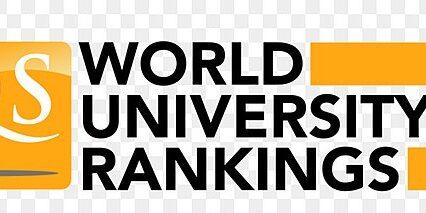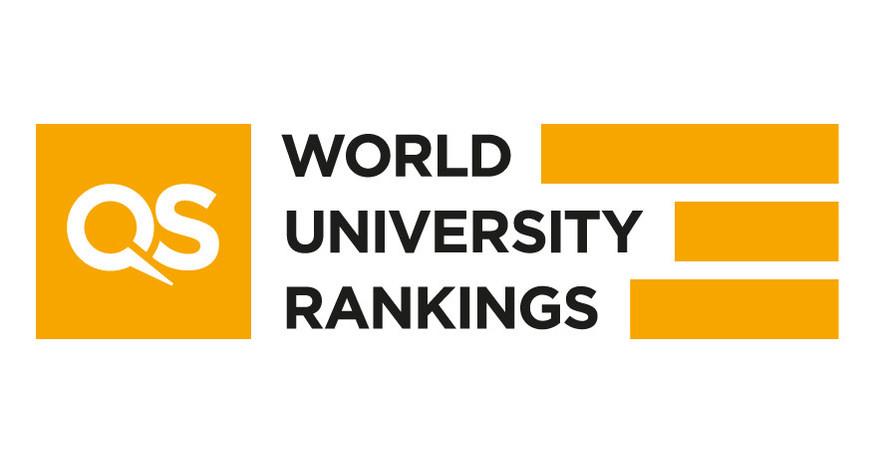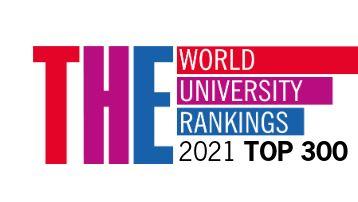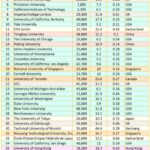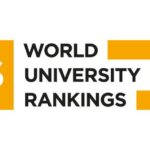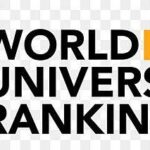Now Reading: Accreditation and Recognition: Ensuring Your Online Degree is Globally Respected.
-
01
Accreditation and Recognition: Ensuring Your Online Degree is Globally Respected.
Accreditation and Recognition: Ensuring Your Online Degree is Globally Respected.
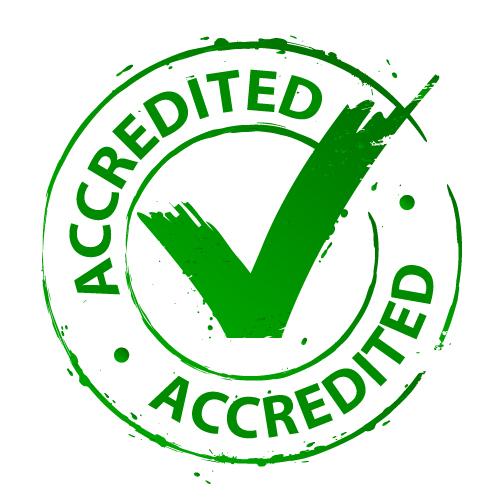
in an era where the digital landscape continues to reshape education, the allure of online degrees has gained unprecedented momentum. Yet, amidst the convenience and versatility they offer, a critical question looms: how do you ensure that the degree you earn online holds value across borders? Accreditation and recognition emerge as vital cornerstones in this quest. They serve not only as badges of quality and legitimacy but also as gateways to global opportunities. This article unravels the intricacies of accreditation—it’s importance, the various types, and how recognizing accredited programs can empower students to make informed choices in their educational journeys. Join us as we navigate the essential landscape of ensuring your online degree is not just a piece of paper, but a respected credential in the global arena.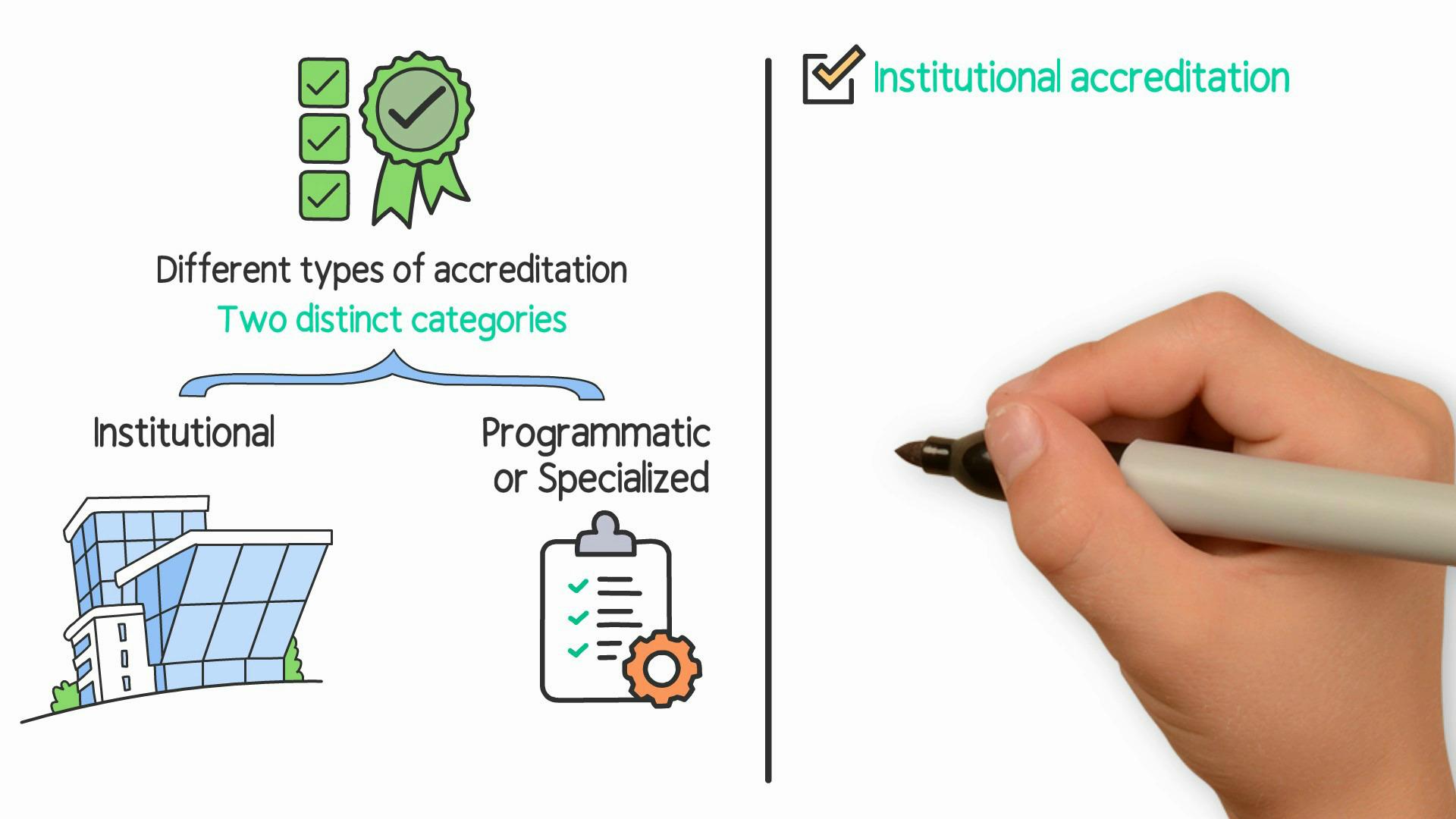
Understanding Accreditation Types and Their Impact on Online Degrees
Accreditation is a vital aspect of the educational landscape, especially in the realm of online degrees. understanding the various types of accreditation can significantly impact the value and recognition of your degree in the job market. there are primarily two categories of accreditation: institutional and programmatic. Institutional accreditation evaluates the college or university as a whole,ensuring that it meets established quality standards. Conversely, programmatic accreditation focuses on specific programs or degrees, assessing their adherence to industry standards. Schools that achieve regional accreditation are often seen as more prestigious and may open doors to more opportunities than those with only national accreditation.
Employers and academic institutions recognise accredited degrees more favorably, which underscores the importance of verifying an institution’s status. When considering online programs, it’s essential to research accrediting bodies associated with them, as they can vary widely in credibility and reputation. Here are some key aspects to keep in mind:
- Research the Accrediting Agency: Ensure that it is indeed recognized by the U.S. Department of Education or the Council for Higher Education Accreditation (CHEA).
- Check Transfer Policies: Accredited degrees generally facilitate easier credit transfers between institutions.
- Value in Employment: Many employers require degrees from accredited programs, impacting hiring decisions.
| Type of accreditation | Description | Degrees Commonly Accredited |
|---|---|---|
| Regional | Moast recognized form; covers entire institution. | Bachelors, Masters, Doctorates |
| National | Generally less prestigious; covers entire institution. | Associates, Bachelors |
| Programmatic | Specific to academic programs; often industry-focused. | Engineering, Healthcare, Business |
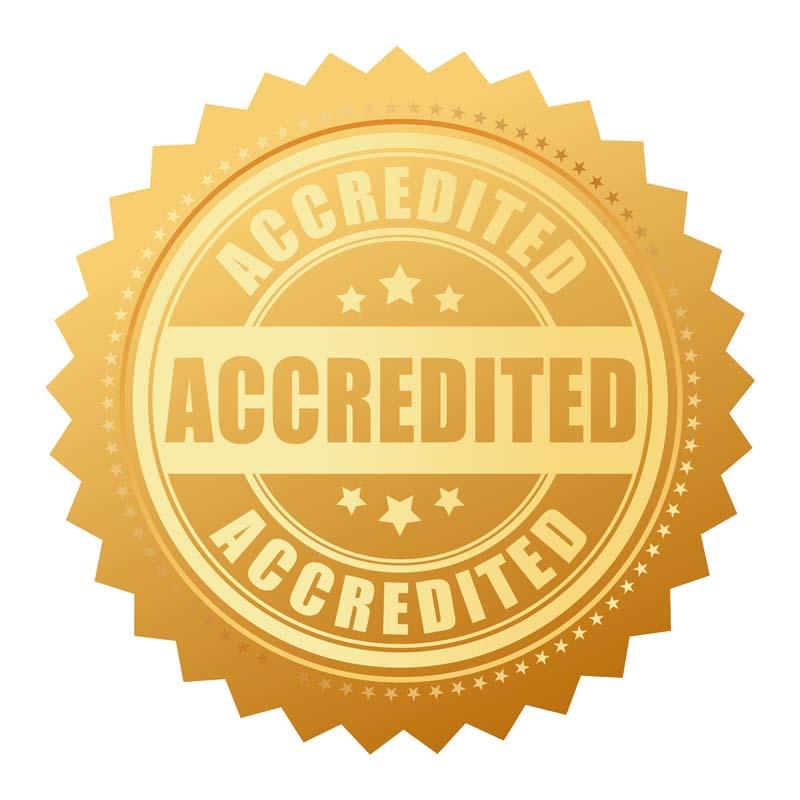
Navigating Institutional Recognition: Key Players in the Accreditation Landscape
Understanding the key players involved in the accreditation process is crucial for anyone seeking a globally respected online degree. At the forefront are accrediting agencies, which are responsible for evaluating educational institutions and programs to ensure they meet specific quality standards. These agencies can be either regional or national, each with its own focus and criteria. It’s crucial to verify that the institution you’re considering is accredited by a recognized agency, as this will impact the value of your degree in the job market and further academic pursuits. Other important entities include government bodies and professional organizations that provide oversight and set educational benchmarks in various fields.
Engagement with these players can offer insights into the accreditation landscape and help you navigate your options. Here are some critical aspects to consider:
- Regional vs. National Accreditation: Understanding the differences can guide your choice of institution.
- Programmatic Accreditation: Specialized programs, especially in health and engineering, often require additional accreditation beyond institutional oversight.
- International Recognition: Explore if the accredited programs are acknowledged in your desired geographical job market.
Moreover, fostering relationships with industry professionals and alumni can also provide testimonials about the academic quality and recognition of programs. Keeping abreast of changes within accrediting bodies and participating in forums can enhance your understanding of how accreditation impacts educational credibility and professional opportunities.

The Role of Global Standards in Enhancing Degree Credibility
The implementation of global standards in higher education plays a crucial role in enhancing the legitimacy of degrees earned online. Through a uniform framework of quality assurance, these standards foster trust among students and employers alike, which is especially important in a digital landscape where educational institutions vary widely in quality. Accreditation bodies across the globe evaluate institutions against these standards, ensuring that they meet rigorous criteria for academic excellence. This process not only validates the curriculum and faculty qualifications but also promotes a culture of continuous improvement, allowing institutions to adapt to evolving educational needs.
When degrees are accredited by recognized agencies, they not only carry the weight of institutional prestige but also gain international recognition.This recognition is pivotal for graduates seeking employment or further educational opportunities worldwide. By aligning their programs with global benchmarks, institutions can articulate their value proposition more effectively, giving students a competitive edge. Factors that enhance this global credibility include:
- Openness: Clear facts on accreditation status and standards.
- Quality assurance: Regular assessments ensure ongoing compliance with educational standards.
- Global Networking: Collaboration with international educational bodies and partnerships that broaden academic horizons.
| Global Standards Attributes | Description |
|---|---|
| Accreditation | Endorsement by recognized bodies, validating academic quality. |
| Recognition | Acceptance of degrees and credentials across borders. |
| Accountability | Measurable educational outcomes and institutional performance. |
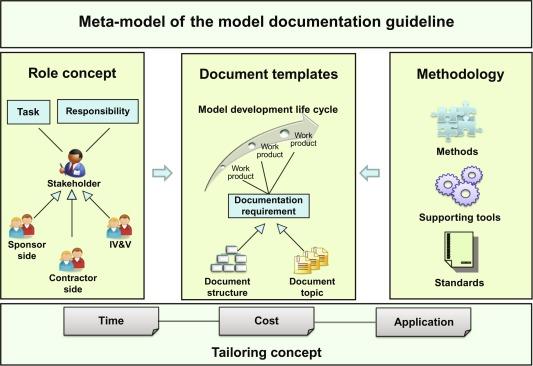
Strategies for Verifying Accreditation: Ensuring Educational Quality and Trustworthiness
To ensure the value of your online degree, it’s crucial to verify the accreditation status of the institution you are considering. Start by looking for accreditations from recognized regional or national accrediting bodies. These organizations often evaluate educational institutions against established standards, making their endorsements a hallmark of quality. Check the institution’s website for accreditation information, and consider the following steps:
- Visit the official website of the accrediting body to confirm the institution’s status.
- Utilize government resources or educational databases that list accredited colleges and universities.
- Consult student or alumni reviews to understand the institution’s reputation and the perceived value of its degrees.
Additionally, being aware of potential red flags can help in discerning the legitimacy of an online program. Institutions that make extravagant claims about job placement or income potential,or those that lack transparency in their financial and academic planning,may not have the best interests of students at heart. Consider creating a simple comparison table to help you evaluate institutions:
| institution Name | Accrediting Body | program Reputation | Job placement Rate |
|---|---|---|---|
| Example University | Regional Accreditation Corp | Highly Rated | 95% |
| Fitness Online College | national Accrediting Agency | Average | 65% |
| Global Tech Institute | International Accrediting Body | Excellent | 80% |
With a clear understanding of how to assess accreditation, you can confidently navigate your options, ensuring that your online degree will hold weight in the job market. Your educational investment deserves the utmost scrutiny,leading you toward a reputable institution that will be recognized globally.
Closing Remarks
navigating the vast landscape of online education requires a discerning eye—especially when it comes to accreditation and recognition.As we’ve explored, these vital components serve as the bedrock for ensuring your online degree holds its weight in the global arena. As you move forward in your educational journey, remember that due diligence is key. Research and engage with institutions that not only promise quality but also deliver it in a manner that transcends borders and barriers. By doing so, you empower yourself with a credential that is not just a piece of paper, but a passport to new opportunities and experiences. So whether you’re aspiring to advance your career, switch fields, or simply pursue a passion, rest assured that a well-accredited program is your best companion on this path to success. As you step into the future, let your degree be a beacon of credibility, ready to illuminate the corridors of your professional ambitions.













